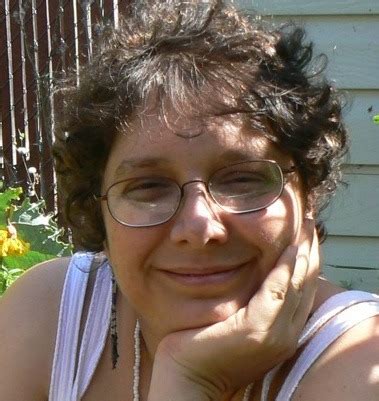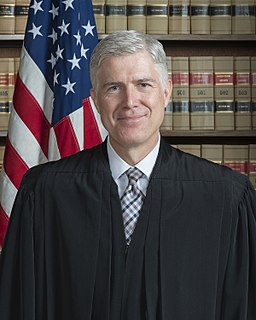A Quote by Elise M. Boulding
A meal, however simple, is a moment of intersection. It is at once the most basic, the most fundamental, of our life's activities, maintaining the life of our bodies; shared with others it can be an occasion of joy and communion, uniting people deeply.
Related Quotes
What are we going to get out of life? This can understandably be a question of fundamental importance to us. We begin with certain basic needs and desires. It is important to have a comfortable home, plenty of food, a meaningful and well-paying job, comfort, companionship, and joy. However, many of us have not fully realized a simple, basic principle: for our receiving to take place, we must first give. Giving and receiving are two aspects of the same law of life.
People forget that art is not just a piece of entertainment. It is the place where we collectively declare our values and then act on them. That's one of the most powerful things we have as a community: our culture and our art. And it's the intersection between life and how people deal with life. It's the most important thing we do.
We human beings are social beings. We come into the world as the result of others’ actions. We survive here in dependence on others. Whether we like it or not, there is hardly a moment of our lives when we do not benefit from others’ activities. For this reason, it is hardly surprising that most of our happiness arises in the context of our relationships with others.
To enter upon the marriage union is one of the most deeply important events of life. It cannot be too prayerfully treated. Our happiness, our usefulness, our living for God or for ourselves afterwards, are often most intimately connected with our choice. Therefore, in the most prayerful manner, this choice should be made.
Right here in our bodies, in our defense of our right to experience joy, in the refusal to abandon the place where we have been most completely invaded & colonized, in our determination to make the bombed & defoliated lands flower again and bear fruit, here where we have been most shamed is one of the most radical & sacred places from which to transform the world.
It is the basic principle of spiritual life that we learn the deepest things in unknown territory. Often it is when we feel most confused inwardly and are in the midst of our greatest difficulties that something new will open. We awaken most easily to the mystery of life through our weakest side. The areas of our greatest strength, where we are the most competent and clearest, tend to keep us away from the mystery.
More fundamental than religion is our basic human spirituality. We have a basic human disposition towards love, kindness and affection, irrespective of whether we have a religious framework or not. When we nurture this most basic human resource - when we set about cultivating those basic inner values which we all appreciate in others, then we start to live spiritually.
One of the capabilities, which seems to be the most difficult for aspiring leaders to maste is realistic optimism. It requires one to recognize that our experience of life is largely up to us, that our situations, good or bad, are largely due to our ability on a moment-to-moment basis to capitalize on opportunity. Those that approach life as if it is largely outside of their own control, or that others are largely to blame for their circumstances, generally find growth elusive.
Contrary to the fantasies of the fundamentalists, there was no deathbed conversion, no last minute refuge taken in a comforting vision of a heaven or an afterlife. For Carl, what mattered most was what was true, not merely what would make us feel better. Even at this moment when anyone would be forgiven for turning away from the reality of our situation, Carl was unflinching. As we looked deeply into each other's eyes, it was with a shared conviction that our wondrous life together was ending forever.
Many people falsely believe that if you want to be holy, you are not allowed to enjoy life...Holiness brings us to life. It refines every human ability. Holiness doesn't dampen our emotions; it elevates them. Those who respond to God's call to holiness are the most joyful people in history. They have a richer, more abundant experience of life, and they love more deeply than most people can every imagine. They enjoy life, all of life.
In trying to express only those aspects of ourselves that we believe will guarantee us the acceptance of others, we suppress some of our most valuable and interesting features and sentence ourselves to a life of reenacting the same outworn scripts. Reclaiming the parts of ourselves that we have relegated to the shadow is the most reliable path to actualizing all of our human potential. Once befriended, our shadow becomes a divine map that—when properly read and followed—reconnects us to the life we were meant to live and the people we were meant to be.
Because the Christian God is not a lonely God, but rather a communion of three persons, faith leads human beings into the divine communion. One cannot, however, have a self-enclosed communion with the Triune God- a "foursome," as it were-- for the Christian God is not a private deity. Communion with this God is at once also communion with those others who have entrusted themselves in faith to the same God. Hence one and the same act of faith places a person into a new relationship both with God and with all others who stand in communion with God.


































